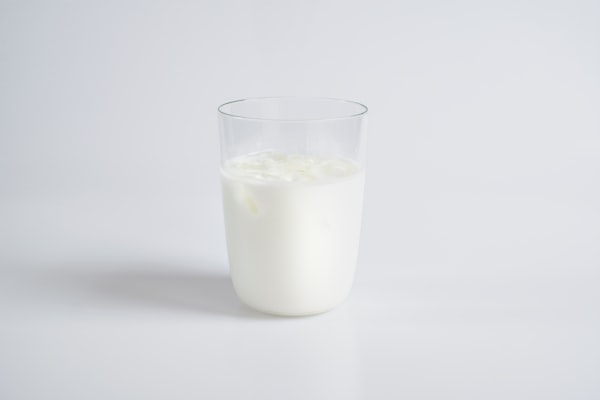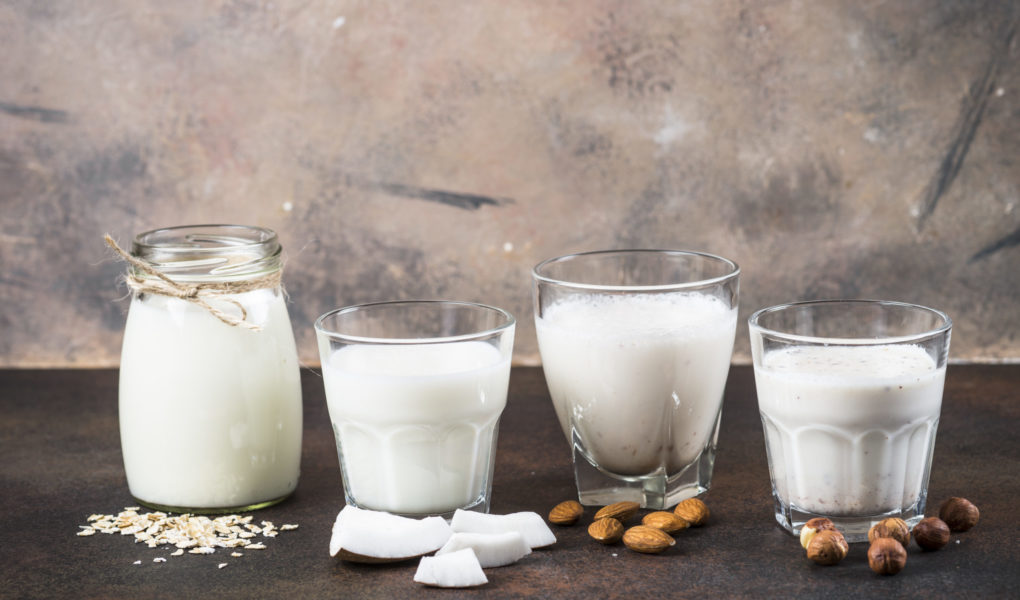If you’re like most people, you grew up drinking cow’s milk. But what you may not know is that there are many alternative types of milk that offer distinct benefits. From being a good source of vegan protein to being easier to digest, alternative milk is worth considering as part of a healthy diet. Alternative milk is any type of milk that is not cow’s milk. This includes but is not limited to soy milk, almond milk, rice milk, and hemp milk.
From health benefits to animal welfare, there are many reasons why you might consider consuming alternative milks. Products like StriveForBetter alternative milk can provide people with the same benefits of consuming cow’s milk without all of the drawbacks. Let’s take a closer look at some of the benefits of consuming alternative milk products.
Lactose Intolerance

There are many people today who have lactose intolerance. Lactose intolerance is a condition that affects people who have difficulty digesting lactose, a sugar found in milk and milk products. Lactose intolerance is caused by a lack of the enzyme lactase, which is needed to break down lactose into two simpler sugars called glucose and galactose. These sugars are then absorbed into the bloodstream, where they provide energy for the body. When lactose is not properly digested, it can cause uncomfortable symptoms like gas, bloating, and diarrhea.
Alternative milk products provide people with lactose intolerance with a healthy solution. Almond milk, oat milk, soy milk, and rice milk are all examples of milk alternatives without lactose. This means that consuming these types of milk will not lead to the stomach problems that regular dairy milk induces.
Nutrition

When it comes to nondairy milk products, one of the many benefits includes increased nutritional value. Soy milk is one of the popular alternatives to cow’s milk and is a good source of protein, calcium, and vitamin D. A cup of soy milk contains around 7 grams of protein, which is equivalent to the amount found in conventional milk. Soy is also one of the few plant-based proteins that contain all nine essential amino acids.
Almond milk is also a good source of vitamin D, vitamin E, and calcium. One cup of almond milk contains around 45 percent of the allowance for calcium, 25 percent for vitamin D, and 2 percent for vitamin E. Almond milk is also a good source of magnesium, potassium, and zinc. Many other alternative options, such as rice milk and oat milk, also contain enhanced nutritional value. Many of these products are high in protein, antioxidants, and vitamins.
Animal-Free

While many people adopt a vegetarian or vegan diet for health reasons, many others do so in response to the inhumane treatment of animals on large industrial farms. From meatless meals to animal-free products, there are many ways that people express their beliefs in an animal-free lifestyle. There are several alternate milk products available on the market that are animal-free. These products are made from plants or nuts and can be a great option for those who are looking for an animal-free or vegan alternative to traditional milk.
In many dairy farming processes, cows are kept in small, cramped quarters and are repeatedly impregnated in order to produce milk. This can be hard on the cow’s body and is seen as a cruel practice by many. This is one of the common objections that many people have to using and consuming dairy products. Additionally, Alternative products such as soy milk and almond milk are completely animal-free.
Overall, alternative milk products provide a wealth of nutrients that are beneficial to human health. They also offer environmental benefits, such as reducing greenhouse gas emissions and supporting sustainable agriculture. If you are interested in alternative milk, you can try soy, almond, rice, oat, or other milk next time you are in the grocery store.


